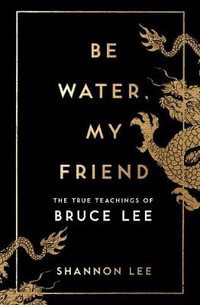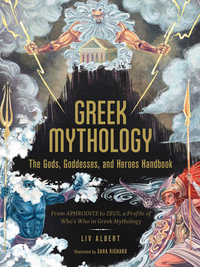The mysteries of the ancient Chinese text known as the I Ching continue to fascinate scholars and enthusiasts alike. While sinologists rely on historical criticism to explain the meaning of the work, those who use it for divination tend to accept without question the traditional account of its origin and purpose. Whereas modern scholars are generally dismissive of the book's reputed mystical significance, traditionalists often resent academic research into the oracle because it seems irreverent or iconoclastic. In The Mandate of Heaven, S. J. Marshall sets out to reconcile these opposing approaches. He plumbs the book's numerous, hidden historical references, reading them against other sources, and discovers that the oracle has far more narrative integrity and basis in historical fact than anyone has previously appreciated.
The Mandate of Heaven focuses on the story of the I Ching's origins. The book is attributed to King Wen, who died before he could succeed in overthrowing the tyrannical Shang dynasty. His son, King Wu, eventually triumphed over the Shang and established the Zhou dynasty as the legitimate royal house. According to the tradition, these events are in some ways alluded to in the earliest layer of commentary in the I Ching, but no sound historical basis has been discovered to substantiate this claim. Consequently, since the 1930s sinologists have discounted the value of this tradition. Marshall uncovers an account of Wu's conquest in an important, previously overlooked passage that tells of a solar eclipse believed by the King to have been an omen from Heaven to immediately march against the Shang. Marshall is able to match this account with a scientifically verified solar eclipse that took place on June 20, 1070 B.C., just one of his many historical readings that show how the earliest layer of the I Ching has preserved a hidden history that has remained undetected for three millennia.
Industry Reviews
S. J. Marshall's intriguing work will be read with great interest by ["I Ching"] aficionados, and it will also attract the attention of contemporary scholars. The former will be immensely grateful for the clarity that Marshall brings to such an enigmatic text. . . . Everyone who reads "The Mandate of Heaven" will return to the "Book of Changes" with a renewed historical perspective.




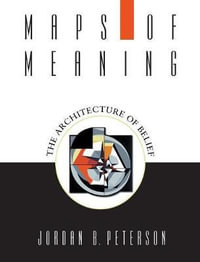

![When Things Fall Apart : Heart Advice For Difficult Times [Thorsons Classics edition] - Pema Chodron](https://www.booktopia.com.au/covers/200/9780007183517/5907/when-things-fall-apart.jpg)

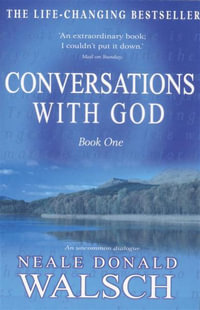


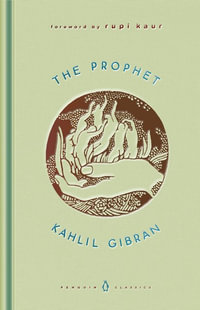
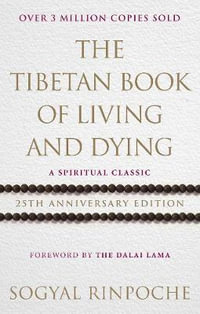






![NRSV Catholic Bible Gift Edition [Teal] : Holy Bible - Thomas Nelson](https://www.booktopia.com.au/covers/200/9780785230410/9912/nrsv-catholic-bible-gift-edition-teal-.jpg)
![NRSV Catholic Bible Gift Edition [White] : Holy Bible - Thomas Nelson](https://www.booktopia.com.au/covers/200/9780785230380/2211/nrsv-catholic-bible-gift-edition-white-.jpg)


